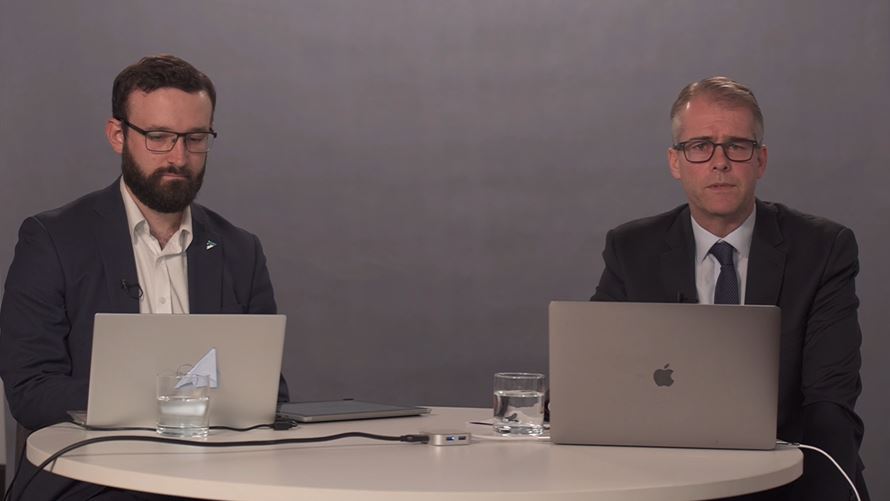The CEO has delivered some home truths to aged care executives and board members in his annual State of the Industry briefing yesterday.
In a 90-minute webinar, Sean – accompanied by LASA’s General Manager for Policy and Advocacy, Tim Hicks – took viewers through the hard facts on the current state of the sector including declining residential occupancy (now at 92.1% from 97.1) in 2003/04, increasing cases of non-compliance and sanctions, ballooning RAD pools and unspent funds in home care and staff fatigue.

The message seemed to be: there is little to celebrate here, apart from the sector’s success in dealing with COVID-19.
Sean noted that satisfaction with the quality of services among over-65s has fallen from 90% in 2015 to 83% in 2018, while the number of complaints has risen by 2,000 to 7,800.
Yet there is still no way for the sector to measure its consumer base (in contrast, the retirement village sector had a NPS score of 23 in 2018, a high result which we know from our DCM Retirement Community Research Program).
He also stressed the increasing number of providers facing non-compliance notices and sanctions, with two in every five audits now identifying ‘not mets’.
The CEO argued that the sector is aware of the ‘usual suspects’ – medication management, clinical care and fees and charges – behind these complaints and failures and need to find a way to address them so providers can get back onto a reasonable footing with the public.
“At a system level, we need to be able to better respond to those complaints and those most frequent not mets,” he said.
Sean pointed to LASA’s Membership Charter – launched last October at their annual Congress in Adelaide – in which its more than 600 members (covering hundreds of thousands of people receiving aged care services) agree to a number of principles on becoming a member – as a way of improving accountability.
They have also launched an online safety and quality management system available to members which has been taken up by over 250 members and partnered with the Property Council to introduce an accreditation scheme for retirement village operators also aimed at improving accountability.
Sean advised all directors to question if their quality systems are “fit for purpose”.
“Think about how you are demonstrating transparency and accountability,” he stated.
Asked by a member of the audience about the reasons behind falling occupancy, Sean did not have a clear answer, saying that while there is a growing desire among Australians to age in place, the issue requires further investigation.
However, he did emphasise that media reports – such as the investigations by the ABC’s Four Corners program – and the cases being presented at the Royal Commission – are having an impact.
“We are judged as an entire sector on those failings that have been revealed,” he said.
The CEO also underscored the declining financial performance of both residential care and home care, in particular the forecast $1.1 billion in unspent home care funds and the growing risk from a RAD pool which has now reached over $30 billion – before the impact of COVID-19 has begun to be felt.
He said LASA is concerned that this will lead to the closure of aged care homes and risk further investment in the sector and they will be pushing the Government hard for remediation activity in the near team as well as to work through the longer-term structural issues facing the sector.
“The Royal Commission is a big opportunity to realise the aged care system that older people need and deserve,” he concluded.










